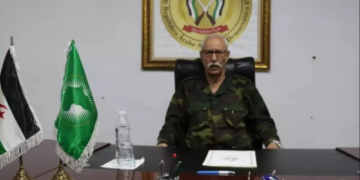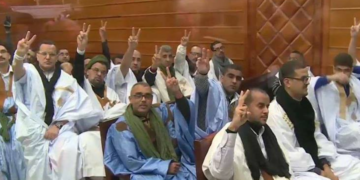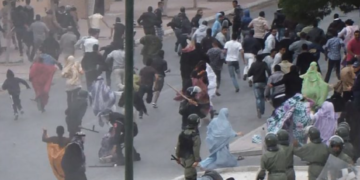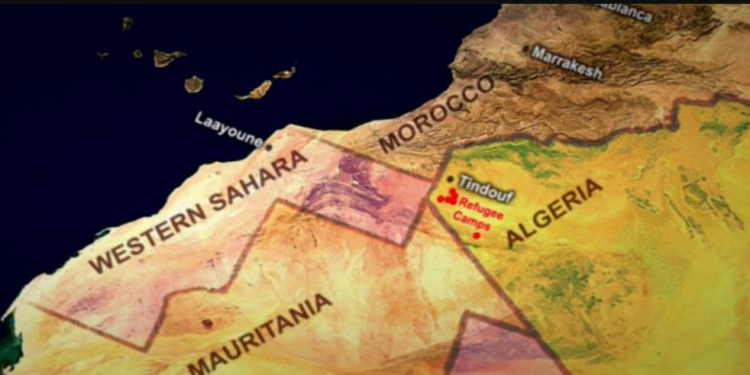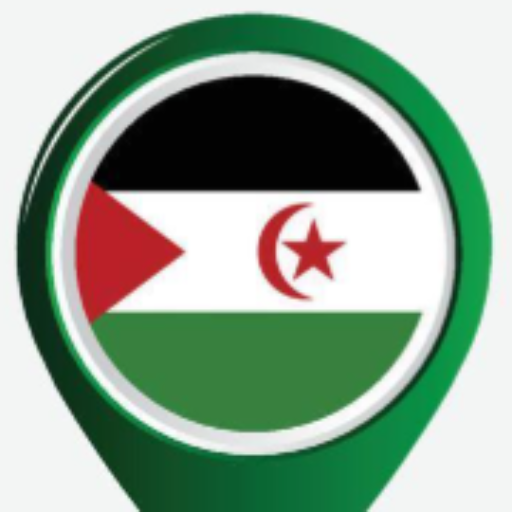Western Sahara, a region of significant geographical and strategic importance, has been at the center of an international dispute since Spain’s withdrawal in 1975. Despite being listed by the United Nations as a non-self-governing territory, Morocco continues to impose its control over the region, which constitutes a form of modern colonization. This article examines historical and legal evidence that confirms Morocco’s colonial practices in Western Sahara.
1. The Legal Status of Western Sahara
- International Court of Justice (ICJ) Advisory Opinion, 1975:
On October 16, 1975, the ICJ issued an advisory opinion confirming that no sovereign ties existed between Morocco and Western Sahara. The court clarified that historical tribal and religious connections claimed by Morocco did not justify sovereignty over the territory. - UN Resolutions:
The United Nations regards Western Sahara as a non-self-governing territory and emphasizes the Sahrawi people’s right to self-determination. Resolutions like UN General Assembly Resolution 1514 (1960) support decolonization in all forms.
2. Historical Arguments Against Moroccan Sovereignty
- Pre-Spanish Colonization:
Before Spain colonized Western Sahara in the 19th century, the region was inhabited by independent Sahrawi tribes, free from direct Moroccan control. Relations between the tribes and Morocco were primarily commercial or religious rather than political. - Colonial Treaties:
Treaties such as the 1860 Peace Agreement between Spain and Morocco and the 1884 Madrid Agreement did not recognize Moroccan sovereignty over Western Sahara. - Spanish Occupation (1884-1975):
During Spanish colonial rule, Morocco made no significant claims to the region until global attention focused on its resources, particularly after the discovery of phosphate reserves in Bou Craa.
3. Moroccan Policies: A Form of Colonization
- Demographic Engineering:
Morocco has encouraged migration to Western Sahara, aiming to alter the region’s demographic composition and make Moroccan settlers the majority. - Exploitation of Natural Resources:
Morocco’s exploitation of Western Sahara’s resources, such as phosphate and fisheries, violates international law, as such resources should be used for the benefit of the indigenous population. - Political and Human Rights Suppression:
Moroccan authorities suppress Sahrawi pro-independence activists through arbitrary arrests, torture, and the violent suppression of peaceful protests.
4. International Stance
- Limited Recognition of Moroccan Sovereignty:
Despite Morocco’s efforts, most nations, including the European Union, do not recognize its sovereignty over Western Sahara. Even the United States’ 2020 recognition faced widespread criticism and lacked international consensus. - Polisario Front and International Legitimacy:
The Polisario Front, the legitimate representative of the Sahrawi people, governs parts of the region and advocates for full independence. It enjoys substantial international support and continues to push for a referendum on self-determination.
5. Proposed Solutions
- Self-Determination:
The most viable solution is the implementation of a UN-supervised referendum, allowing the Sahrawi people to freely choose their future. - Ending Economic Exploitation:
The exploitation of Western Sahara’s natural resources must cease until the conflict is resolved in a way that benefits the indigenous population.
Conclusion
Morocco’s continued control over Western Sahara violates international laws and conventions, constituting a modern form of colonization. The only just solution is to respect the Sahrawi people’s right to self-determination, in line with UN resolutions and the aspirations of the region’s population for freedom and independence.


